MUSHTAQ UL HAQ AHMAD SIKANDER
In every conflict the common masses are at the receiving end, their fate is to suffer and they suffer endlessly in silence without complaining. Kashmir has been a bone of contention between India and Pakistan since the partition of the subcontinent and from the last sixty years kashmiris have been suffering from the pangs of conflict which escalated when it assumed the armed violent
mode in early 1990s. The reasons, politics and discourse behind these sufferings are numerous, but ultimately the common man has become the cannon fodder.
During the present phase of conflict, year 2010 has been a witness to more than 130 innocent killings especially of youth and teenagers and thousands have been injured with scores maimed or rendered physically challenged for their whole lives.
Whenever any crises arises in Kashmir the voluntary sector which till the other day used to boast about its numerical strength with more than 3500 NGO’s registered in Jammu & Kashmir, they simply vanish in thin air when the people need them the most. The government has offered small monetary compensation to the injured which they rejected outrightly, and it is where the
voluntary sector needs to intervene.
During the armed insurgency there is an epidemic growth of orphans, widows, half widows, physically challenged and other such victims and Kashmir is no exception and it responded with a mushroom growth of orphanages in every nook and corner of the
valley with only a few as genuine ones while others fill their coffers by exploiting the orphans and victims of conflict.
Though the needs of many orphans have been met to a certain extent but at the cost of other victims, but now this trend must change.
The foundation of Bait ul Maals in each locality is one such step to build indigenous institutions but much more needs to be done which can be discharged only by the voluntary sector as they possess the skills, expertise, experience, exposure, resources and professionalism required to deal with such critical situations which the localized indigenous institutions still lack. The innocent men who were the sole bread earners or married and whose children were orphaned must be taken special care by the members belonging to the voluntary sector.
The numerous youth who have been rendered as physically challenged due to amputation or some serious injuries must be identified and selected for some skill based vocational training so that they can stand on their own legs instead being a liability
on their poor families or fall into wrong hands or take some disastrous drastic steps, it is indebted on voluntary sector to counsel them and help them to be the better citizens of our society and contribute towards our prosperous future.
Till now the voluntary sector has been negligent towards supporting the education and livelihood generation programmes of the victims of conflict and the present circumstances are a litmus test for them. To expect everything from the government would
do no good, to fall into the debate of right and wrong will be meaningless but to act, serve and contribute is the only way with which voluntary sector must come up and inspire other fellow humanitarians too. The previous experience hasn’t been quite healthy and worthy of mention but now it is the time to reverse this equation.
(Mushtaq Ul Haq Ahmad Sikander is Writer-Activist and presently student Masters Program of Political Science, Kashmir University and can be reached at sikandarmushtaq@gmail.com ).


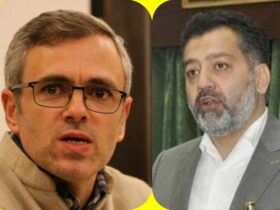
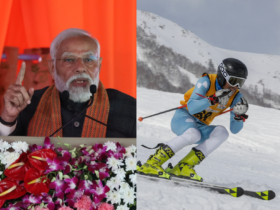

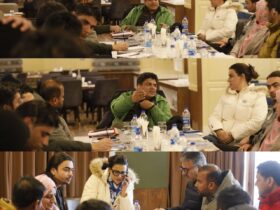

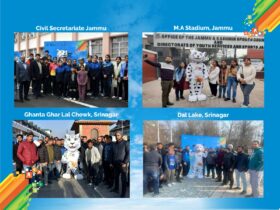
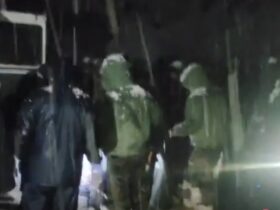

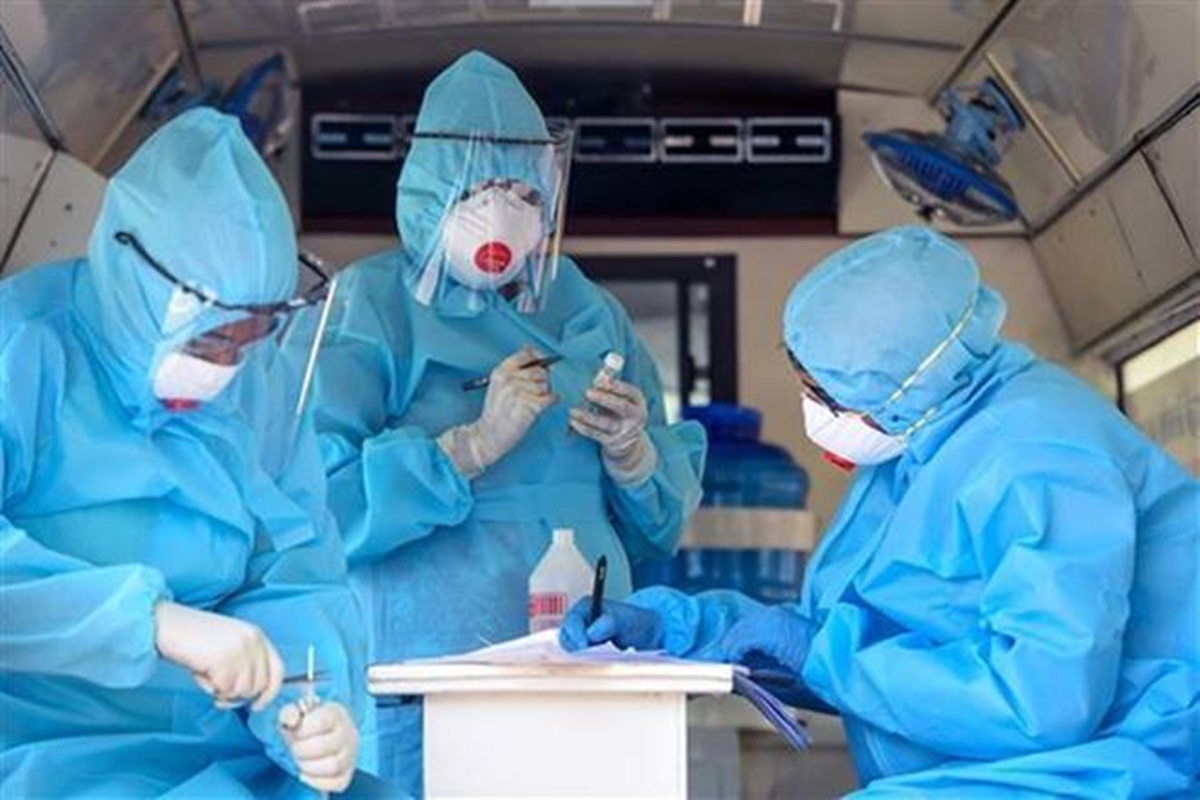


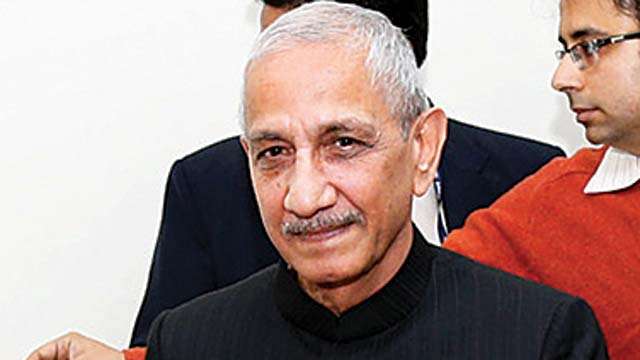
Leave a Reply